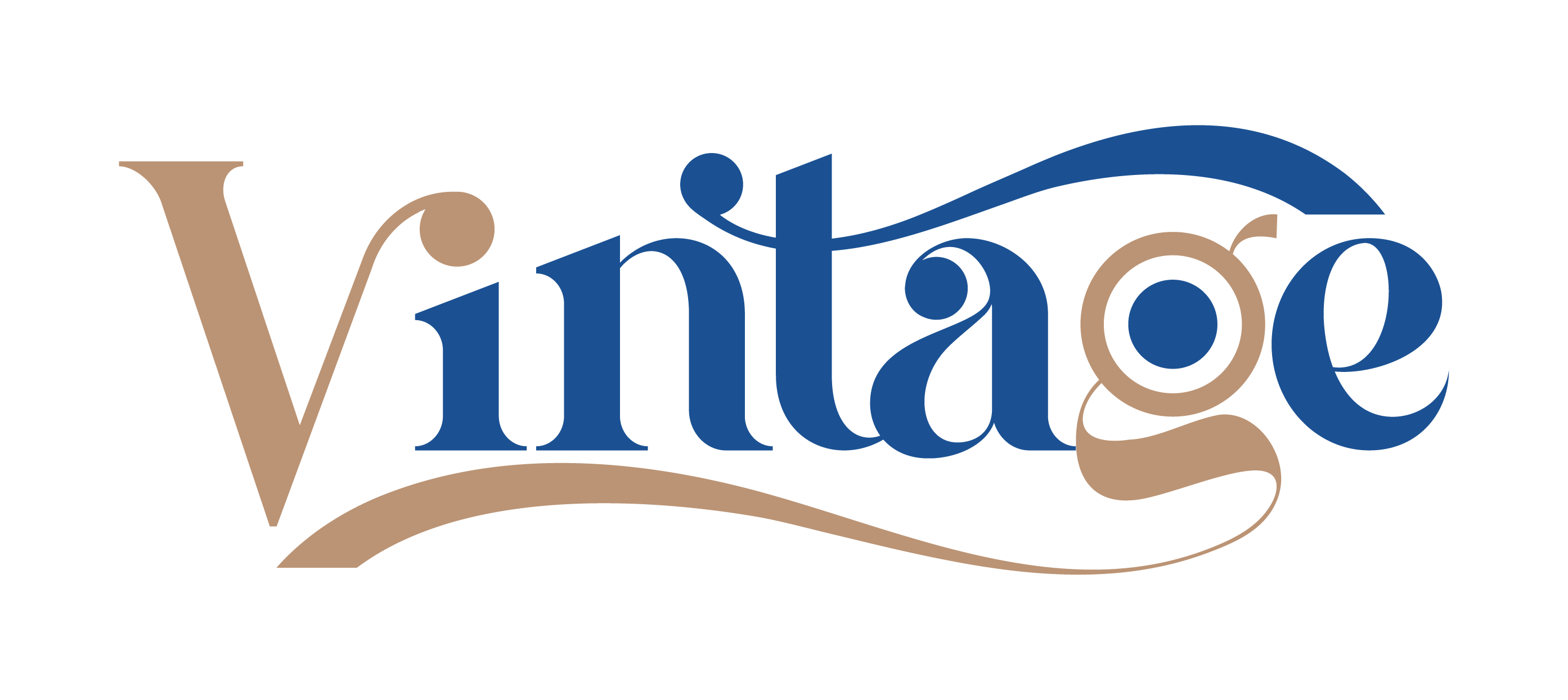Understanding Key Digital Marketing Services
Digital marketing services are fundamental for the success of contemporary businesses, enabling them to navigate and thrive in an increasingly digital economy. At the forefront of these services is Search Engine Optimization (SEO), a critical strategy for enhancing organic search visibility. SEO focuses on optimizing a website to rank higher in search engine results. This involves both on-page SEO, which includes optimizing title tags, meta descriptions, and content for relevant keywords, and off-page SEO, such as building high-quality backlinks and enhancing site authority through social signals. Effective keyword research is the cornerstone of SEO, guiding content creation to meet users’ search intents.
Complementing SEO is Search Engine Marketing (SEM). SEM encompasses paid search advertising techniques like Pay-Per-Click (PPC) campaigns. Unlike SEO, which drives organic traffic, SEM targets audiences through paid ads that appear in search engine results. PPC campaigns allow businesses to bid on specific keywords, ensuring their ads are visible to potential customers searching for related terms. This strategic synergy between SEO and PPC maximizes a brand’s visibility, combining the long-term benefits of organic search ranking with the immediate impact of paid advertising.
Social media marketing has evolved into a vital component of a digital marketing strategy. It leverages platforms like Facebook, Instagram, Twitter, and LinkedIn to engage with the audience. Organic social media marketing involves creating and sharing content that resonates with users and encourages interaction, fostering a community around the brand. In contrast, paid social advertising focuses on targeted ads that reach specific demographics, expanding a brand’s reach and driving traffic to its website.
Content marketing reinforces these efforts by focusing on the creation and distribution of valuable, relevant content aimed at attracting and retaining a clearly defined audience. High-quality blogs, videos, infographics, and other content forms educate and engage potential customers, subtly guiding them through the purchasing funnel.
Finally, website design and development play a crucial role in a digital marketing strategy. A well-designed, user-friendly website enhances user experience and is essential for SEO. Platforms like WordPress offer robust functionalities for creating SEO-optimized websites that ensure fast load times, mobile responsiveness, and seamless navigation, which are paramount for both search engine rankings and user satisfaction.
Integrating Digital Marketing Services for Maximum Impact
In the landscape of digital marketing, integrating various services such as SEO, SEM, and social media marketing is essential for maximizing return on investment (ROI) and achieving comprehensive marketing goals. A cohesive digital marketing strategy ensures that each service complements the others, creating a synergistic effect that amplifies the overall impact.
Content plays a pivotal role in this integrated approach. Content created with SEO in mind can be repurposed across multiple platforms, enhancing both SEM campaigns and social media engagement. For instance, a well-crafted blog post optimized for search engines can drive organic traffic to the website. This same content can be shared on social media platforms to engage audiences and incorporated into SEM campaigns to boost paid search results. By leveraging content across various channels, businesses can ensure a consistent and engaging experience for their target audience, from the initial discovery phase via organic search to deeper engagement on social media, culminating in conversions through effective SEM campaigns.
Best practices for achieving this seamless integration include maintaining a unified brand voice across all platforms, utilizing a content calendar for strategic planning, and aligning messaging with audience preferences. Employing analytics and data tracking is crucial for optimizing these efforts. Continuous monitoring of key performance metrics allows businesses to identify which strategies resonate most with their audience and make data-driven adjustments to enhance performance.
For example, analyzing search query data from SEO efforts can reveal high-value keywords that can be incorporated into SEM ad copy, while social media insights can inform content creation strategies that boost engagement. This ongoing cycle of analysis and refinement helps maintain alignment between the various components of the digital marketing strategy.
In practice, companies that successfully implement an integrated digital marketing approach often see sustained growth and higher customer satisfaction. By leveraging the synergies between SEO, SEM, and social media marketing, businesses can create a holistic strategy that not only reaches their audience but also drives meaningful interactions and conversions.
